Time trial remains impediment for Bardet and French Tour de France hopefuls
'The big differences are being made in the time trials and a lot less in the mountains,' says Lavenu
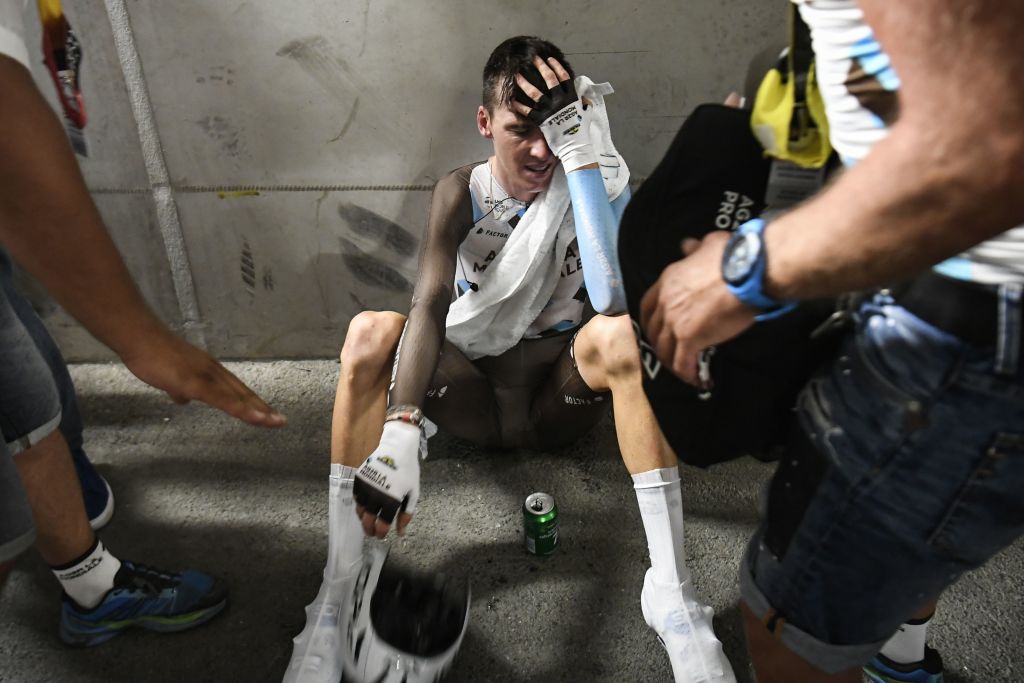
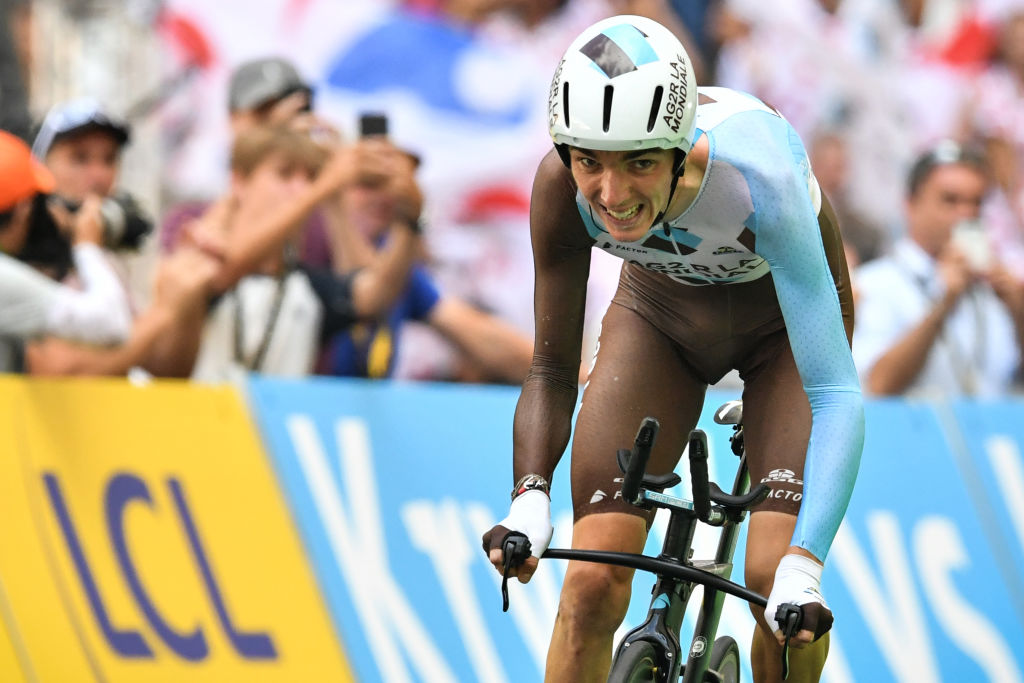
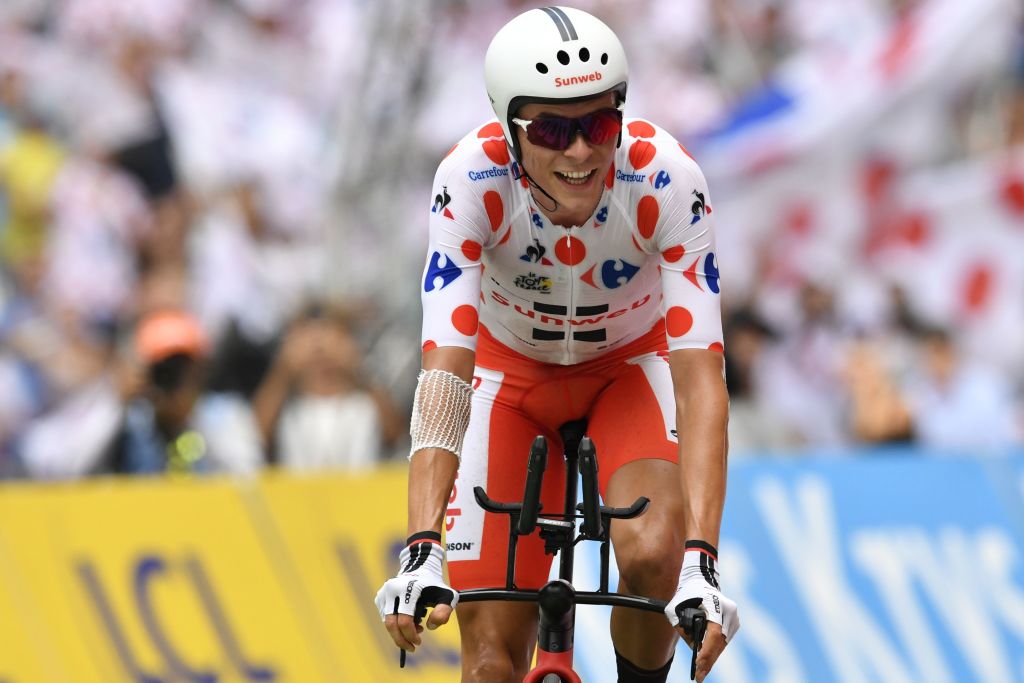
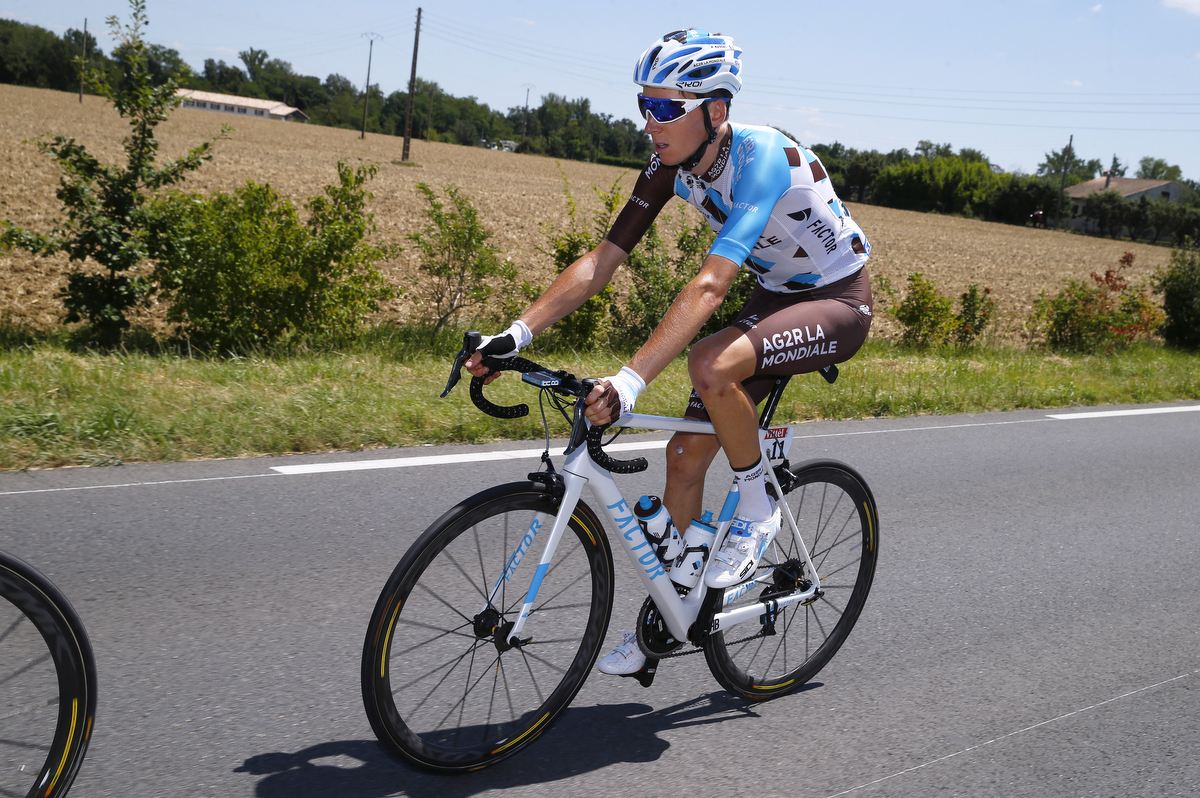
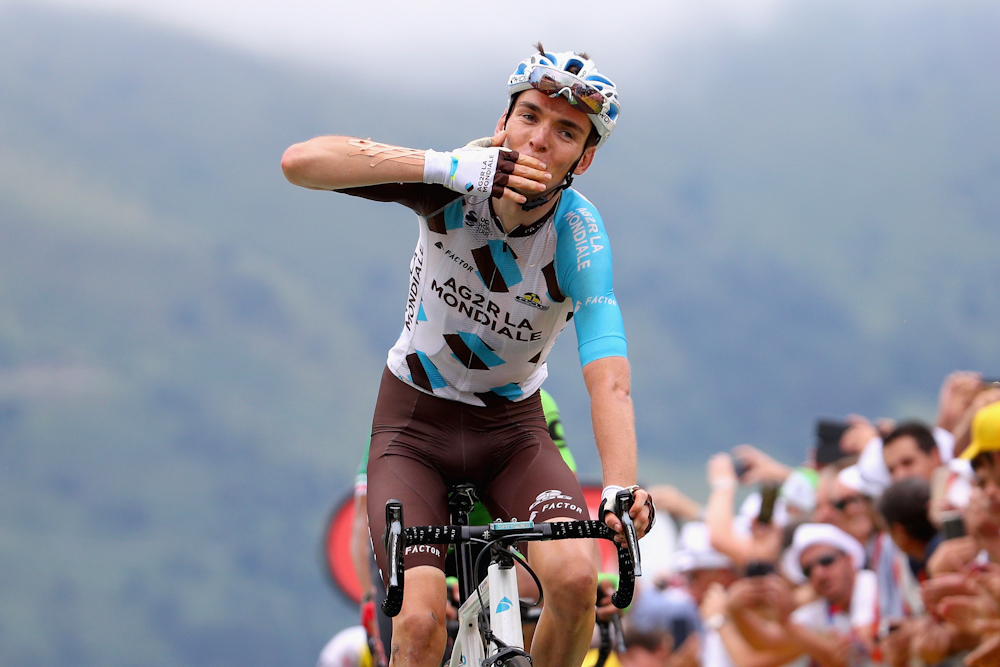
Romain Bardet (AG2R La Mondiale) could hardly have asked for a better-tailored Tour de France route, but his challenge was ripped from the seams after hitting a familiar snag. There were just 36.5 kilometres of time trialling on this year's parcours, and they accounted for the entirety of the Frenchman's deficit to Chris Froome (Sky).
On Sunday, Bardet rolled into Paris in third overall, 2:20 down on Froome, after conceding an aggregate of 2:36 to the Briton across the race's two trials. He lost 39 seconds in the opening 14-kilometre test in Düsseldorf and conceded a further 1:57 in Saturday's 22.5-kilometre leg in Marseille.
"It's clear, the numbers don't lie," AG2R La Mondiale manager Vincent Lavenu admitted in the bowels of the Stade Vélodrome on Saturday afternoon after Bardet's disappointing outing almost saw him slide off the podium altogether. "The big differences are being made in the time trials and a lot less in the mountains. We'll have to keep working on the time trial."
Bardet's climbing, aggression and intelligence have brought him to the Tour podium in successive years, but his glaring weaknesses against the watch might well prevent him from going any further and becoming the first French winner since Bernard Hinault in 1985.
Early in 2014, Sylvain Chavanel ran the rule over the emerging generation of French talent – namely, Bardet, Thibaut Pinot and Warren Barguil – and he detected a common chink in their armoury and in the national development system. After stagnating in the 1990s, a reinvigorated French amateur scene has begun producing quality riders across all terrains in recent years, yet no bona fide time trial specialist has emerged among the climbers, puncheurs and sprinters to grace the WorldTour.
"We have great climbers, like Barguil, Bardet and Pinot, but they haven't specialised in the time trial. I'd be worried that in the years to come, unless they do that, we won't have a next French winner of the Tour de France," Chavanel told Cyclingnews.
"You can't neglect the time trial. There are always important time trials in the Tour de France, so we need to have complete riders if we're going to produce a Tour winner. Right now, we don't really have time trial specialists."
The latest race content, interviews, features, reviews and expert buying guides, direct to your inbox!
France's dearth of time trialling vocations is by no means a new phenomenon. Only one Frenchman, Christophe Moreau, has won a Tour time trial in the 21st century, and that was the prologue in Lille in 2001. The last long time trial won by a Frenchman at the Tour came all of thirty years ago when Jean-François Bernard won the 1987 test in Dijon.
There are many reasons for France's 32 years (and counting) of hurt at the Tour, but one statistic feels telling: Jeff Bernard remains the only rider to win a long time trial at the Tour since Hinault retired in 1986.
The route
Bardet is not the only French rider whose Grand Tour challenge was impeded by poor time trialling in 2017. His contemporary Thibaut Pinot (FDJ) climbed assuredly and rode sagely at May's Giro d'Italia to finish 4th overall, just 1:17 down on Tom Dumoulin, but in the race's 68 kilometres of time trialling, he conceded some 4:09 to the Dutchman.
Pinot has, of course, worked assiduously on his time trialling over the past number of years, improving enough in the discipline to become the French champion in 2016. That pedigree made his performances in the Giro time trials were all the more disappointing, but that setback hardly erases his steady progress in the department.
Bardet, by contrast, has rarely convinced in flat time trials, although Lavenu took an upbeat view of his prospects on Saturday afternoon, citing his 5th place in the mountain time trial in Mègeve (42 seconds behind Froome) on last year's Tour as proof of his potential. Less than a week previously, however, Bardet had conceded 3:52 to Dumoulin and 2:49 to Froome over 37 kilometres in the rolling Ardèche time trial.
"It's true that the time trials went a lot less well for him this year in comparison with last year when he rode very well in the time trials in the Tour," Lavenu said. "Today was a jour sans. I think he paid for his efforts on the Izoard stage."
In his press conference later on Saturday evening, Bardet suggested that he still had ample margin for improvement in the time trial, even if it seemed difficult to fathom that a rider of such dedication to his craft would be so negligent of one of its key disciplines.
"I can improve a bit, especially in the time trial," Bardet said. "I made a choice not to focus on the time trial because it's not the way I like to ride. Going out to train on my time trial bike is a little bit boring for me. I paid a high price today, but I'm still only 26. I want to fight in the next few years for the win."
It is as likely that the relative dearth of time trialling in this year's Tour encouraged Bardet to focus on climbing during his preparation, but he will know now – if he didn't already – that time trial kilometres seem to be longer than all others in a Grand Tour.
AG2R La Mondiale directeur sportif Julien Jurdie, meanwhile, dismissed the idea that Bardet's devotion to weight loss had affected his power in the time trial. He disagreed, too, that Bardet's limitations against the watch would forever prevent him from carrying the maillot jaune to Paris. "That depends on the parcours," Jurdie said. Deep down, he will know only too well that they already had an ideal route this year.

Barry Ryan was Head of Features at Cyclingnews. He has covered professional cycling since 2010, reporting from the Tour de France, Giro d’Italia and events from Argentina to Japan. His writing has appeared in The Independent, Procycling and Cycling Plus. He is the author of The Ascent: Sean Kelly, Stephen Roche and the Rise of Irish Cycling’s Golden Generation, published by Gill Books.